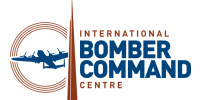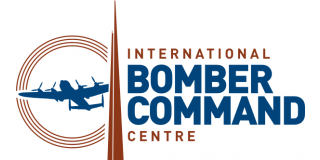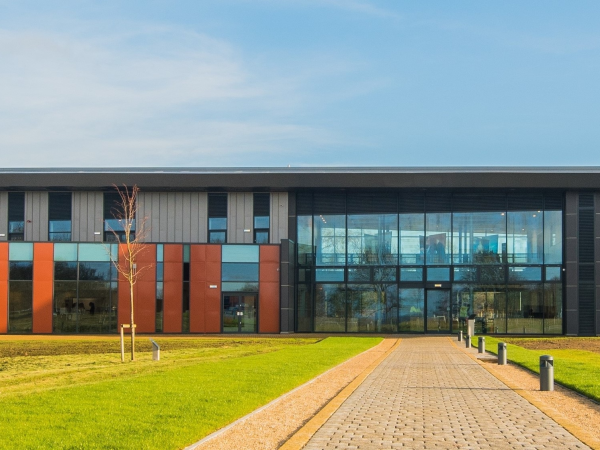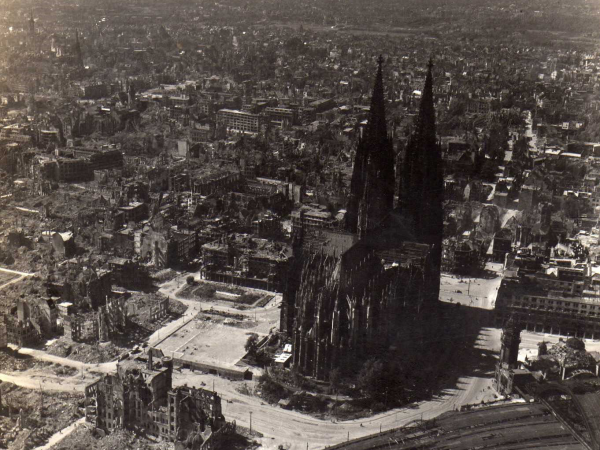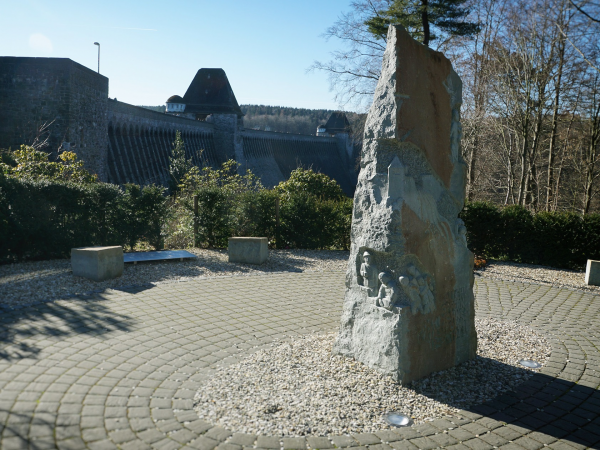IBCC Lecture and Supper Series
Back by popular demand our Autumn/Winter Lecture Supper Series incorporates a wide range of subjects and delivery styles - from Christmas style lectures to readings set to music, there's something for everyone.
The evenings start with a delicious hot buffet, served in the Hub Cafe, before proceeding to the first floor Suite for the talks.
Back by popular demand our Autumn/Winter Lecture Supper Series incorporates a wide range of subjects and delivery styles - from Christmas style lectures to readings set to music, there's something for everyone.
The evenings start with a delicious hot buffet, served in the Hub Cafe, before proceeding to the first floor Suite for the talks.
